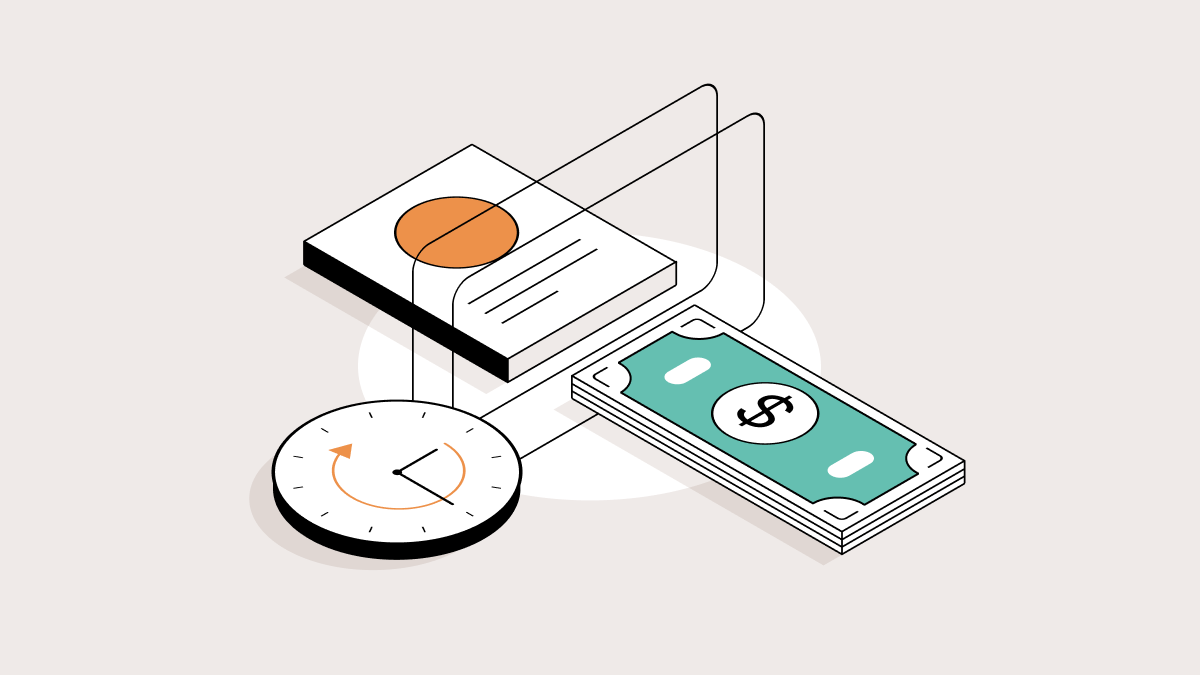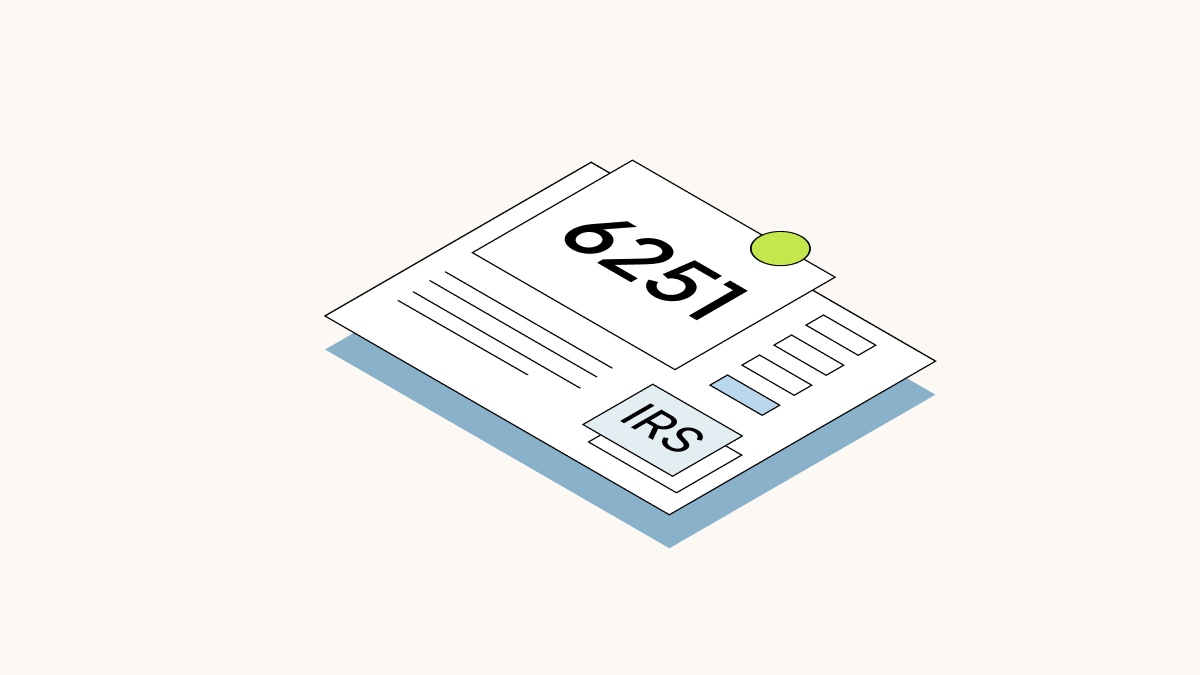What does it mean to early exercise stock options?
If your company allows you to “early exercise” stock options, it means you can exercise your stock options before they vest.
Only some companies offer early exercising for equity, which can unlock future tax benefits for recipients. But even if you exercise your options early, your shares will still vest according to your vesting schedule. So if you leave your company before your stock fully vests, your company may be able to buy back any unvested shares.
Note that exercising stock options early carries the risk that the shares will not increase in value and may not be worth anything. Talk to a professional tax advisor before making decisions about whether to file and weigh potential tax savings against the cash required to exercise.
Benefits of early exercising employee stock options
Exercising your employee stock options early can be a smart tax-saving move, but there are several requirements to meet if you want to have access to those potential savings.
Potential tax savings at exercise
Both incentive stock options (ISO) and non-qualified stock options (NSO) are taxed on “the spread” between your strike price and the fair market value (FMV) of those shares at exercise.
Early exercising allows you to purchase your stock options before they vest when the strike price and FMV are equal or negligible, so you trigger very little or no additional taxes when exercising. The longer you wait to exercise, the more the spread between your strike price and the FMV could grow, increasing your tax bill.
→ Learn more about how stock options are taxed.
Start the clock on capital gains
Exercising your stock options early initiates the holding period for long-term capital gains taxes, which could lower the taxes you owe upon selling in the future if your equity’s value increases.
To qualify for long-term capital gains tax rates for ISOs, you need to hold your shares for at least two years after your option grant date and one year after exercising. For NSOs, you need to hold your shares for at least one year after exercising.
|
ISOs capital gains |
NSOs capital gains | |
|
Holding period requirements |
≥ two years after the option grant date |
≥ one year after the exercise date |
Start the clock on QSBS holding period
If your company is considered a qualified small business, exercising early starts the five-year holding period requirement for qualified small business stock (QSBS), which can result in major tax savings.

Risks of early exercising stock options
Exercising options early carries some risk, similar to the risk associated with exercising stock options at any time.
The company may fail
Not all startups continue to grow over time. So if you’ve paid to exercise your options and the company goes under or the shares lose value, you won’t be able to recoup the cash you already paid. Keep in mind you might also owe the alternative minimum tax (AMT) when you exercise ISOs or ordinary income tax when you exercise NSOs, which will contribute to the cash you spend to early exercise.
Liquidity is less accessible in the private market
While you could potentially save money on taxes, it’s important to weigh the opportunity cost of putting your money toward illiquid shares. When you invest your money in the public stock market, you can typically sell anytime, but when you exercise stock options in a private company, you have limited options for selling until your company goes public in an IPO.
Some private companies offer secondary market transactions, such as tender offers, in which shareholders can liquidate their equity while the company is still private. If your company holds private market secondaries, the risk of illiquidity is less severe.
Your company may be able to buy back the stock
If you leave your company before your options fully vest, your company may have the right to a share buyback or share repurchase. A share buyback is when a company repurchases your unvested shares for the exercise price or for the current FMV of the unvested stock (whichever is lower).
Filing an 83(b) election for early exercisable stock options
If you decide to early exercise, it’s crucial to file an 83(b) election. This election is a form you need to fill out and send to the Internal Revenue Service (IRS) within 30 days of exercising. The 83(b) election tells the IRS that you want to pay taxes now, while the spread is minimal, instead of later when your options vest and the spread could be bigger.
If you don’t file an 83(b) election with the IRS within 30 days of an early exercise, it’s like it never happened (from a tax perspective). You’ll instead owe taxes on the spread every time your options vest. So if the spread keeps getting bigger, you’ll owe more and more taxes and lose out on potentially favorable tax treatment.
Carta helps auto-file 83(b) election forms
If your company manages its equity through Carta and you early exercise stock options, you can auto-file an 83(b) election with Carta. We’ll send the IRS everything they need and save your records automatically.



